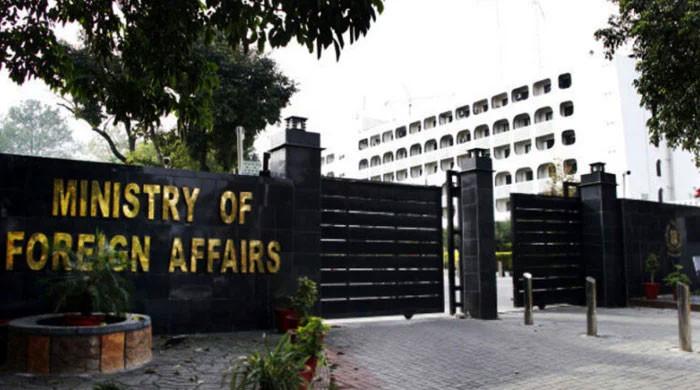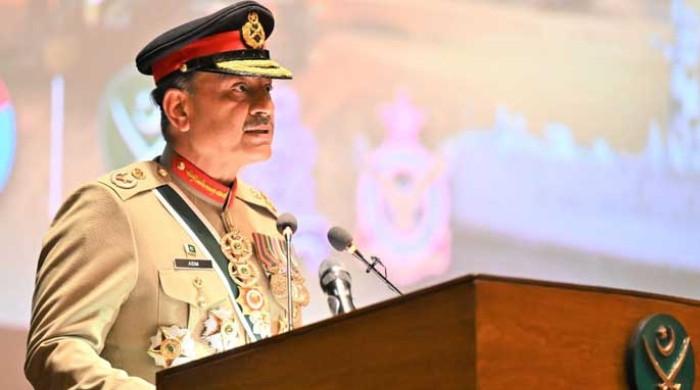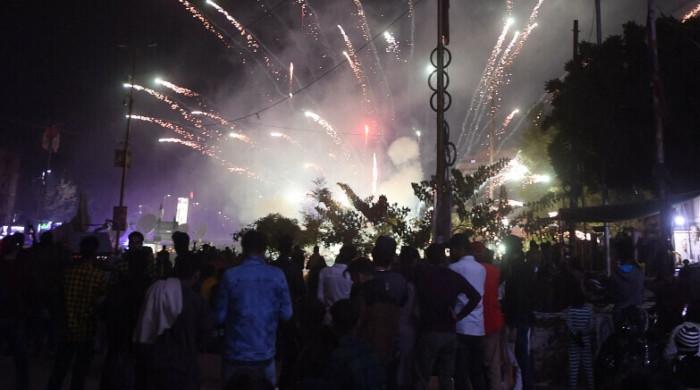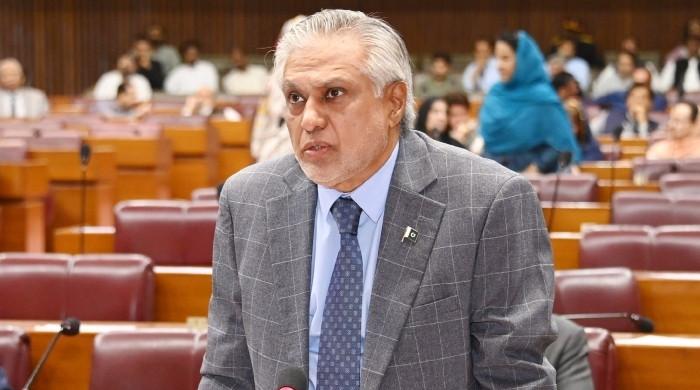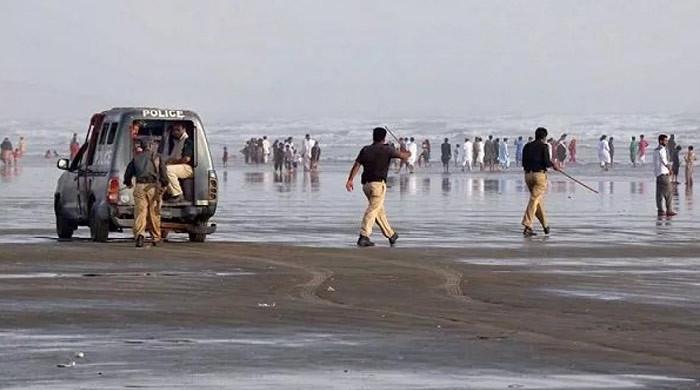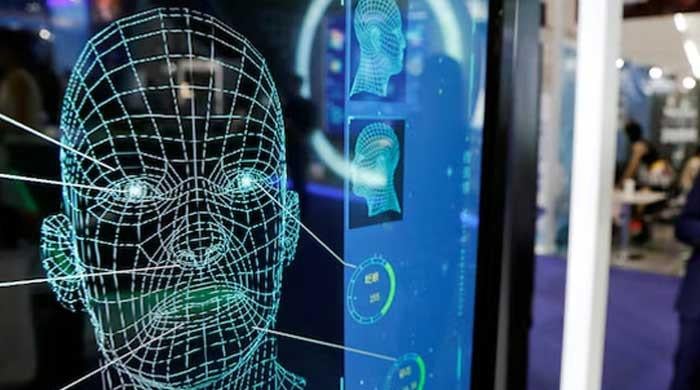The Husain Haqqani Network
He implies he is more loyal than the imprisoned doctor Shakil Afridi
March 14, 2017
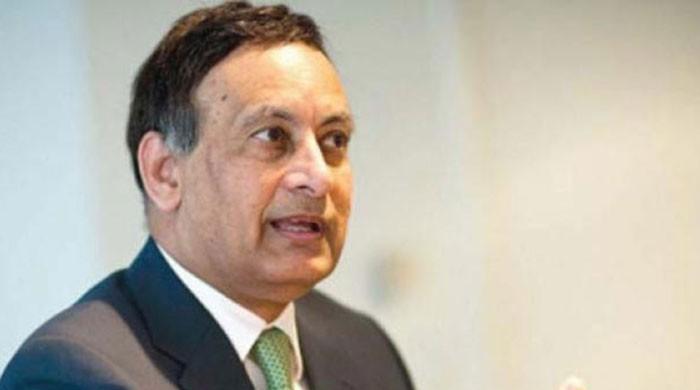
Husain Haqqani, Pakistan's former ambassador to the United States, hardly misses an opportunity to embarrass the country's security forces. Ironically, he was once considered their 'blue eyed boy’. But those days are long gone. Since the Memogate scandal unfolded Haqqani has been declared persona non grata.
In an article for the Washington Post the ex-ambassador writes that his connections helped the Obama administration trace out the then Al-Qaeda chief Osama bin Laden. In a way, he implies he is more loyal than the imprisoned doctor Shakil Afridi.
Is his claim based on reality? That might be debatable. But one thing is for sure; the timing of the article is nothing more than to add pressure on the Trump administration to get tough with Pakistan, which Haqqani has been lobbying for a while now. It comes at a time when the new US president is being requested by Congressmen to dump Pakistan as an ally.
Back in his country, the revelations have put his own party, the Pakistan People’s Party and its leader Asif Ali Zardari in a difficult position. The allegations are serious. Merely distancing oneself from Haqqani’s words is not enough. Zardari must clarify the role Haqqani played during his tenure as ambassador.
Now a quick look back at Pakistan’s fight against terrorism since 9/11. Our security forces helped trace out and arrest al-Qaeda's No. 3 Khalid Sheikh Mohammad, as well as the outfit’s No. 4 Ramzi bin al-Sheiba. I am a witness to Sheiba's arrest from an apartment in the Defense Housing Society in Karachi, on September 2, 2002. The militant had been planning to attack the US Consulate on the first anniversary of 9/11.
There were six other Qaeda leaders, including the Bali bomber, who Pakistan helped find. Why would it then stop short of going after the militant outfit’s No.1 leader, Bin Laden?
It is worth nothing, and remembering, that the former president Zardari penned an article praising the OBL raid, just 24 hours after, even when everyone in Pakistan was talking about the violation of sovereign territory.
The US Navy Seal operation did raise many questions about Pakistan’s preparedness and its intelligence failure. But now if what Haqqani says is true, it raises more concerns about the Zardari administration that was stamping passports of CIA's agents.
Admittedly though, many of these questions could have been addressed had the Abbottabad Commission Report been made public.
In his article, Haqqani quotes Yousaf Raza Gilani, the former prime minister of Pakistan, asking the National Assembly who gave Bin laden the visa to come to the country. Here is another question: who sent him to Afghanistan in the 1980s? Maybe, Haqqani can answer that, since in those years he was a “reluctant jihadi,” launching his political career from the platform of the Islami Jamiat-e-Tulba. He was later appointed to groom Muhammad Nawaz Sharif for public appearances.
Haqqani is a great orator and writer. Both his published books are worth reading, whether one agrees with the content or not. He also has the capacity to use people. Interestingly, he once identified with the Islamists and now he considers himself a liberal.
It is true that we are the worst victims of our own policies. But post 9/11, Pakistan had done more than was asked for and in the process lost 60,000 people and over 20,000 soldiers. Whether Pakistan had the prior knowledge of OBL's presence or not, the fact remains that Pakistan had no role in the making of groups like al-Qaeda or Daesh.
People like Husain Haqqani lack credibility because of their consistently changing loyalties. Today, he is helping the US at the cost of his own country. Who knows, tomorrow he may align himself with someone else. We will just have to wait and see.
—The writer is a senior columnist and analyst of GEO, The News and Jang. He tweets @MazharAbbasGEO




